Aged care training modules
The following training modules are available for aged care.
You can explore each training module to see if it suits your requirements.
You can work through the course content at your own pace and stop and start as many times as you like without losing your place.
You will be awarded an electronic certificate when completing the course (with an 85% pass grade).
For a brief introduction to the topics covered in training modules access a 10-minute Oral Health Promotion learning module.
The module was developed in partnership with the Wicking Dementia Research and Education Centre and provides insight into how you can support older people to maintain good oral health.
Better Oral Health in Home Care
Coordinators and Nurses
The course is estimated to take about 3 hrs to complete.
Oral health is a significant factor affecting older people's quality of life, overall health and wellbeing.
While older people may or may not visit a dental professional on a regular basis, they do interact with a wide range of healthcare workers who are responsible for assessing and monitoring their health, as well as, assisting with and/or providing direct personal care.
In the community aged care setting, good oral health begins at home. This course is designed to show how home care coordinators and nurses can encourage older people to maintain good oral health using a simple preventative oral health self-care routine.
You will learn how to put this routine into action by following 4 key oral health processes:
- oral health assessment
- oral health care planning
- daily oral care
- dental referral.
Care workers
The course is estimated to take 2 hours to complete.
Oral health is a significant factor affecting older people's quality of life, overall health and wellbeing.
While older people may or may not visit a dental professional on a regular basis, they do interact with a wide range of healthcare workers who are responsible for assessing and monitoring their health, as well as, assisting with and/or providing direct personal care.
In the community aged care setting, good oral health begins at home. This course is designed to show how home care workers can encourage older people to maintain good oral health using a simple preventative oral health self-care routine.
Better Oral Health in Residential Care
Care workers
The course is estimated to take 2 hours to complete.
This course will aim to:
- Improve your understanding of how to provide evidence-based oral healthcare to frail older people with complex needs
Oral health is a significant factor affecting older people's quality of life, overall health, and wellbeing.
While older people may or may not visit a dental professional regularly, they do interact with a range of healthcare workers, responsible for assessing and monitoring their health as well as assisting with and/or providing direct personal care.
In the residential aged care setting, care workers are responsible for assisting with and/or providing daily oral care as part of a resident's overall fundamental care needs.
Nurses
The course is estimated to take about 3 hrs to complete.
This course aims to:
- Improve your understanding of how to provide evidence-based oral healthcare to frail older people with complex needs.
Oral health is a significant factor affecting older people's quality of life, overall health and wellbeing.
While older people may or may not visit a dental professional regulary, they do interact with a wide range of healthcare workers who are responsible for assessing and monitoring their health, as well as, assisting with and/or providing direct personal care.
In the residential aged care setting, nurses are responsible for ensuring that the overall fundamental care needs of residents are met.
Fundamental oral care includes the integration of 4 key oral health processes into routine practice:
- oral health assessment
- oral health care planning
- daily oral care
- dental referral.
Further training modules




